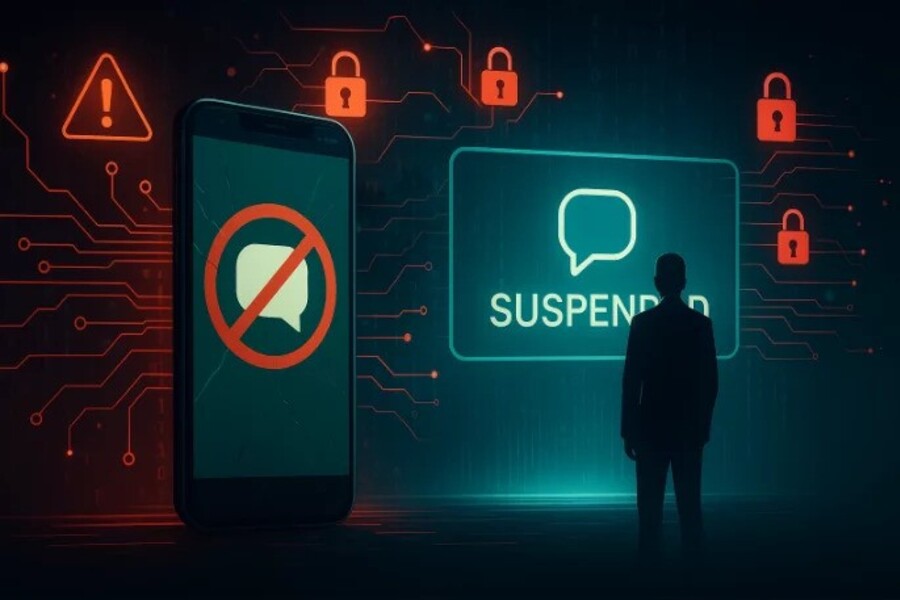A major cybersecurity breach has compromised TeleMessage, a messaging platform used by U.S. government officials to archive encrypted chats. The incident has exposed sensitive backend data and login credentials tied to multiple organizations, reigniting concerns about the use of modified encryption tools in high-security environments.
The platform, originally developed by an Israeli firm and now owned by Oregon-based Smarsh, had gained traction among officials for enabling compliance-friendly archiving of secure messages. It modifies popular apps such as Signal, WhatsApp, Telegram, and WeChat to allow message retention for legal oversight. Its adoption by high-profile individuals came under renewed scrutiny after a photo surfaced showing former National Security Advisor Mike Waltz using the app during a Cabinet meeting with President Trump.
Although the hack did not directly expose messages belonging to cabinet members such as Waltz, JD Vance, or Marco Rubio, it did grant access to archived content and login data from users affiliated with U.S. Customs and Border Protection, Coinbase, and Scotiabank. The breach was first reported by 404 Media, which noted that while message contents from top-level officials remained secure, access to backend systems posed a broader systemic risk.
The Guardian confirmed that intercepted data included partial message archives and exposed infrastructure, challenging the fundamental assumption that encrypted communication remains secure when funneled through compliance tools. This incident mirrors prior warnings from privacy advocates and developers. Signal, one of the platforms affected through TeleMessage’s modified version, explicitly stated that it cannot ensure the integrity or privacy of altered versions of its app.
TeleMessage’s compromise further highlights a pattern observed throughout the Trump-era digital governance: the rapid adoption of technology tools without rigorous vetting. Earlier decisions, such as the postponed TikTok ban justified on vague national security grounds, suggested a fragmented approach to tech oversight. In this environment, apps like TeleMessage were deployed for sensitive communications despite well-documented risks.
The situation also underscores the growing prevalence of fake or modified apps as a threat vector. In 2024 alone, more than 60,000 Android users were infected with spyware through fraudulent Telegram clones, demonstrating how even trusted platforms can become vectors for surveillance once modified.
TeleMessage was heavily marketed as a compliance-first solution, offering encrypted messaging archives for regulatory and legal needs. However, its architecture, which relies on modifying secure apps to allow backend access, may inherently undermine the very privacy those apps were designed to protect.
Former President Trump, reacting to the so-called “Signalgate” controversy involving unauthorized Signal use, remarked, “Maybe don’t use Signal, okay?” Yet despite these warnings, the administration continued to use tools like TeleMessage. The result was a system vulnerable not through user error, but through structural design flaws.
Smarsh has confirmed that the breach is isolated to TeleMessage and that other products remain unaffected. Nevertheless, the platform’s suspension has raised alarms within agencies and private sector clients who relied on it for secure communication. Federal cybersecurity agencies are now expected to reassess the use of similar compliance-modified encrypted platforms across government departments.
This incident presents a defining moment in digital policy and privacy. As public and private sectors race to bridge the gap between security and regulatory compliance, the TeleMessage hack reveals just how fragile that balance can be. It raises a fundamental question for the future of encrypted communications: Can true privacy ever coexist with mandated access?

